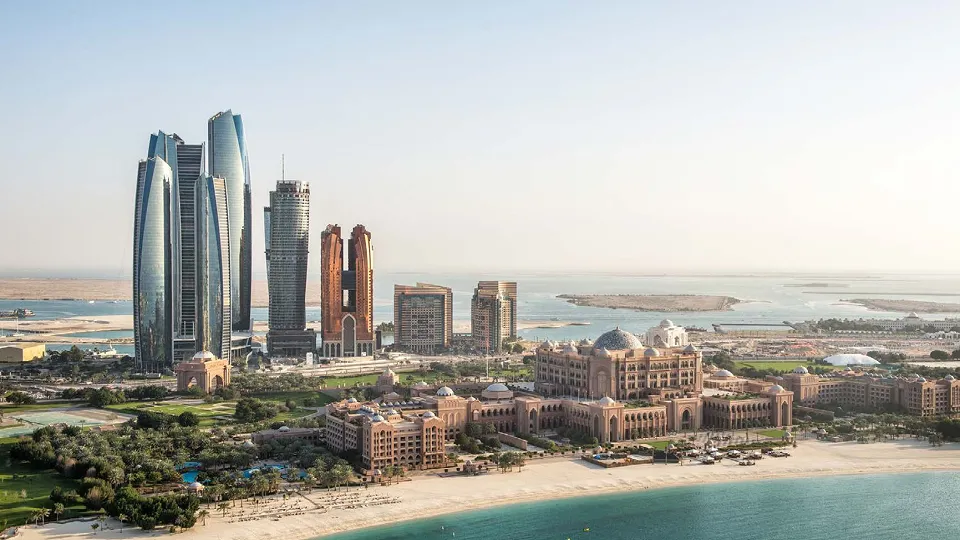
Using sensors and AI-enabled cameras, the system – known as Ramp Metering – adjusts signals in real time, allowing cars to merge smoothly during peak hours while easing restrictions when traffic is lighter.
Among the locations chosen are Shakhbout bin Sultan Street, Dhafeer Street, Hadbat Al Ghubainah Street (outbound), Salama bint Butti Street, Al Dhafra Street, Rabdan Street and the Umm Yifina Street exit (inbound) – all familiar trouble spots for commuters.
By controlling the number of vehicles entering main roads, the new signals are expected to cut bottlenecks, reduce stop-start driving and improve overall safety. The system will also help limit emissions caused by idling engines, contributing to the city’s wider sustainability goals.
Abu Dhabi is one of the first cities worldwide to roll out AI traffic management at this scale. For now, the trial covers just seven sites, but if successful, the technology is likely to expand across more of the capital’s road network in the years ahead.

.png)
.png)
.png)
.png)
